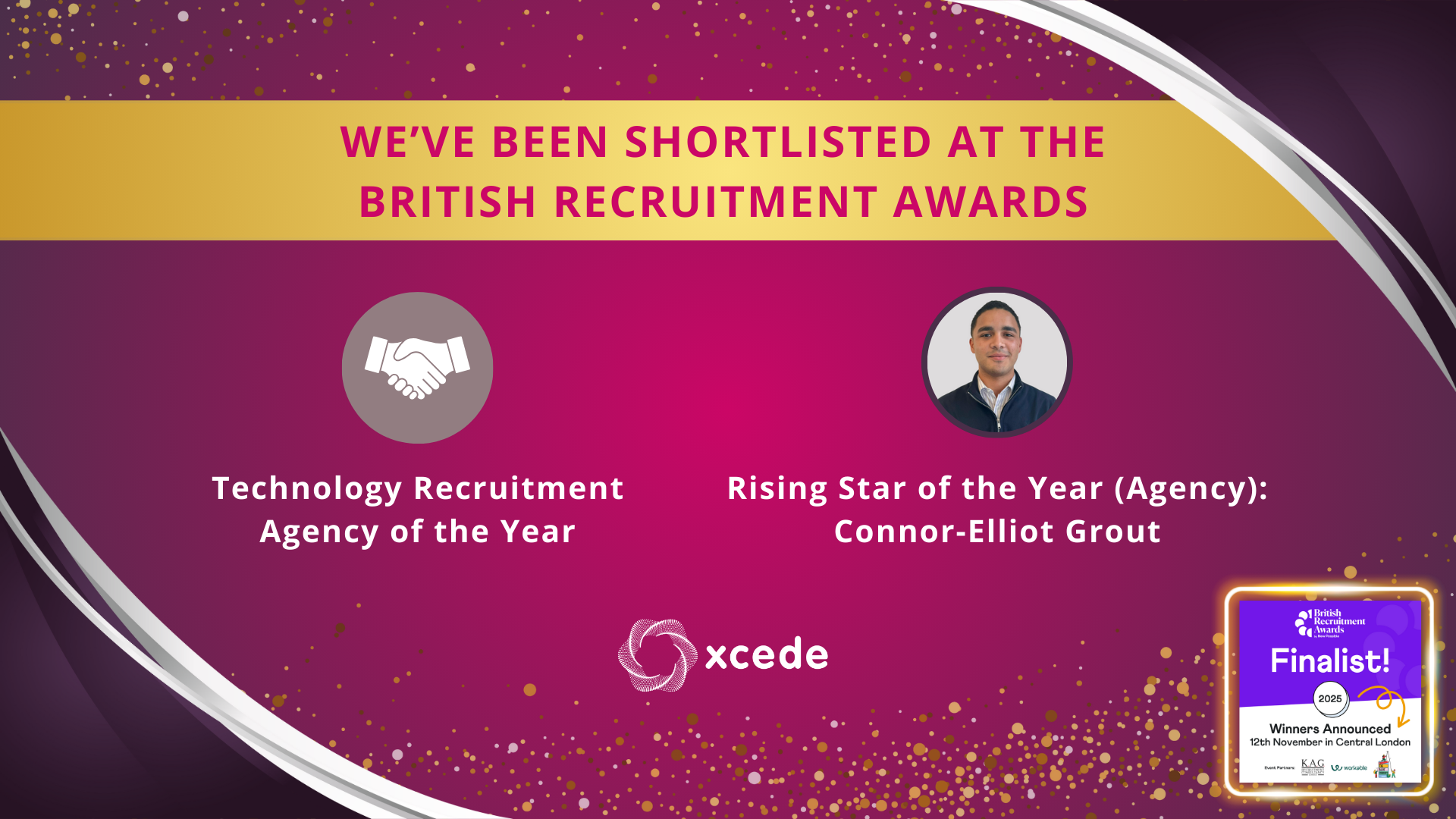insights & resources
Scroll to discover

Blogs
Top Cyber Security Skills in Demand
The job market is always changing, and knowing which cybersecurity skills are in demand is crucial for job seekers and companies alike. Key Takeaways: · Real-world experience with security tools is often essential for anyone trying to enter the cybersecurity field. · Soft skills such as problem-solving abilities and effective communication are critical for success in cyber security roles, as they can help individuals adapt to new challenges and effectively communicate security risks to non-technical stakeholders. · In order to stay competitive, job seekers should have expertise in emerging trends such as cloud security and knowledge of compliance regulations. Employers are seeking candidates who...
categories
Show All
Blogs
Reports
Events
Podcast
News

Blogs
6 min read
Top Cyber Security Skills in Demand

Reports
Xcede DACH 2025/26 Salary Guide

News
2 min read
Xcede Shortlisted at the British Recruitment Awards 2025

Blogs
6 min read
The Cloud Skills Gap: Understanding it and Finding Solutions

News
0Xcede Shortlisted at the Recruiter Awards

Reports
AI Skills Continue to Command Higher Salaries in 2025

Reports
Xcede 2025 UK Salary Guide

News
3 min read
Xcede Retains Feefo Platinum Trusted Service Award for the 4th Year

News
Cloud Engineer vs Software Engineer: Making the Right Career Choice in 2025

News
4 min read
Beware of Recruitment Scams

News
3 min read
Highly Commended at the British Recruitment Awards

News
2 min read
Xcede Group Win at the TIARA Awards!
1 - 5